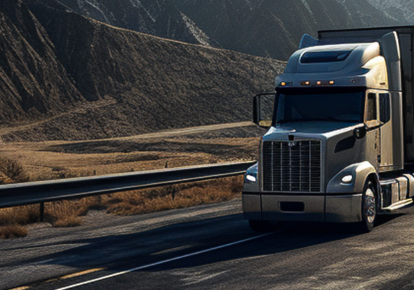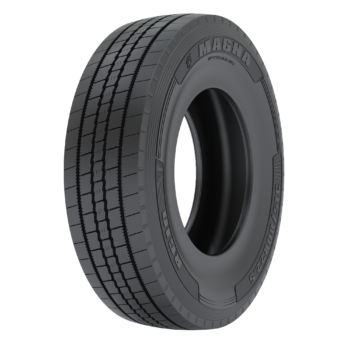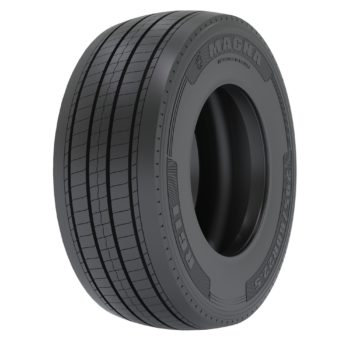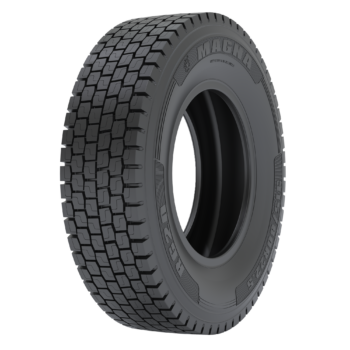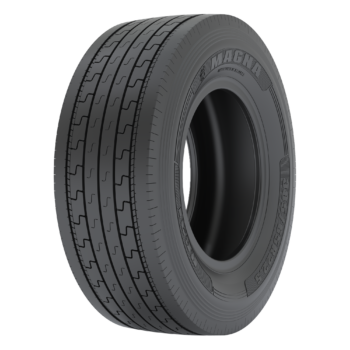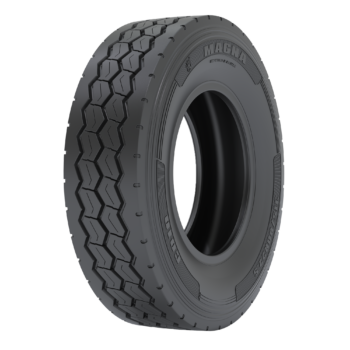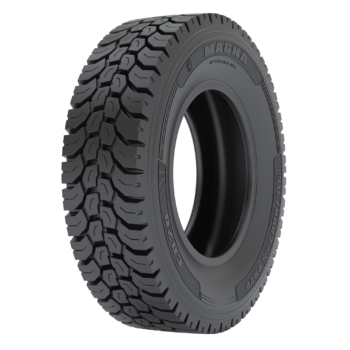
-
Steer/Trailer
RG10
Precise steering control in wet regional service.- 295/80R22.5
- 315/70R22.5
- 315/80R22.5
-
All Position
RG11
All-position tyre for regional transport provides high mileage, safety and grip- 295/60R22.5
- 315/60R22.5
-
Drive
RG20
Regional drive axle tyre provides high mileage, grip and winter performance- 295/80R22.5
- 315/70R22.5
- 315/80R22.5
-
Steer/Trailer
RG31
Confident steering stability across changing road conditions.- 385/65R22.5
-
All Position
CO10
High cut resistance in mixed on/off-road service.- 13R22.5
- 315/80R22.5
-
Drive
CO20
Powerful drive traction on demanding mixed terrain.- 13R22.5
- 315/80R22.5
Role of Box Truck in the industry
A box truck is a rigid-body vehicle featuring an enclosed cargo area and a separate cab, utilised for regional goods transport, moving services and delivery operations. Its design supports frequent loading and unloading, high stop-start cycles and manoeuvring in urban environments. Given the diversity of configurations and payloads, appropriate tyre models such as the RG10, RG11, RG20, RG31, CO10 and CO20 are selected to manage the structural demands and deliver reliable performance.
Types of Tyres Used in these Machines
For box trucks operating across multiple sectors, regional drive and steer positions demand tyres capable of withstanding urban traffic, extended wear and variable loads; these tyres must deliver robust casing strength and sidewall protection, especially when navigating kerbs or tight delivery zones, to ensure consistent performance across varying road conditions and cargo weights.
Tyre Requirements for Reliable Performance
Tyres for box trucks must exhibit high load capacity and even pressure distribution to accommodate full-payload configurations, while providing stable steering response, minimal rolling resistance for improved fuel efficiency and strong resistance against cuts and abrasion from frequent manoeuvres. The tread compound must retain its integrity under diverse temperature ranges and moisture conditions, and the casing must prevent excessive heat build-up during continuous operation and heavy use.
Questions? We're Always Ready.
Still have questions? Check the FAQs below or connect with one of our specialists.
Which tyre sizes are commonly selected for box trucks operating in regional distribution work?
Box trucks typically use sizes such as 215/75R17.5, 225/75R17.5 or 245/70R19.5, offering adequate load capacity, consistent handling and stable behaviour during frequent stop-and-go delivery cycles.
How do operating surfaces influence tyre requirements for a box truck?
Box trucks run mainly on paved roads, so tyres must provide reliable wet-grip, low rolling resistance, stable sidewalls and even wear patterns to support predictable performance and efficient transport operations.
Why is correct tyre size selection important for payload stability on a box truck?
Accurate sizing ensures proper rim fit, supports axle loads, maintains balanced vehicle stance and reduces premature wear, all critical when transporting varying cargo weights across daily distribution routes.
Which tyre characteristics help maximise uptime for box trucks in continuous delivery service?

